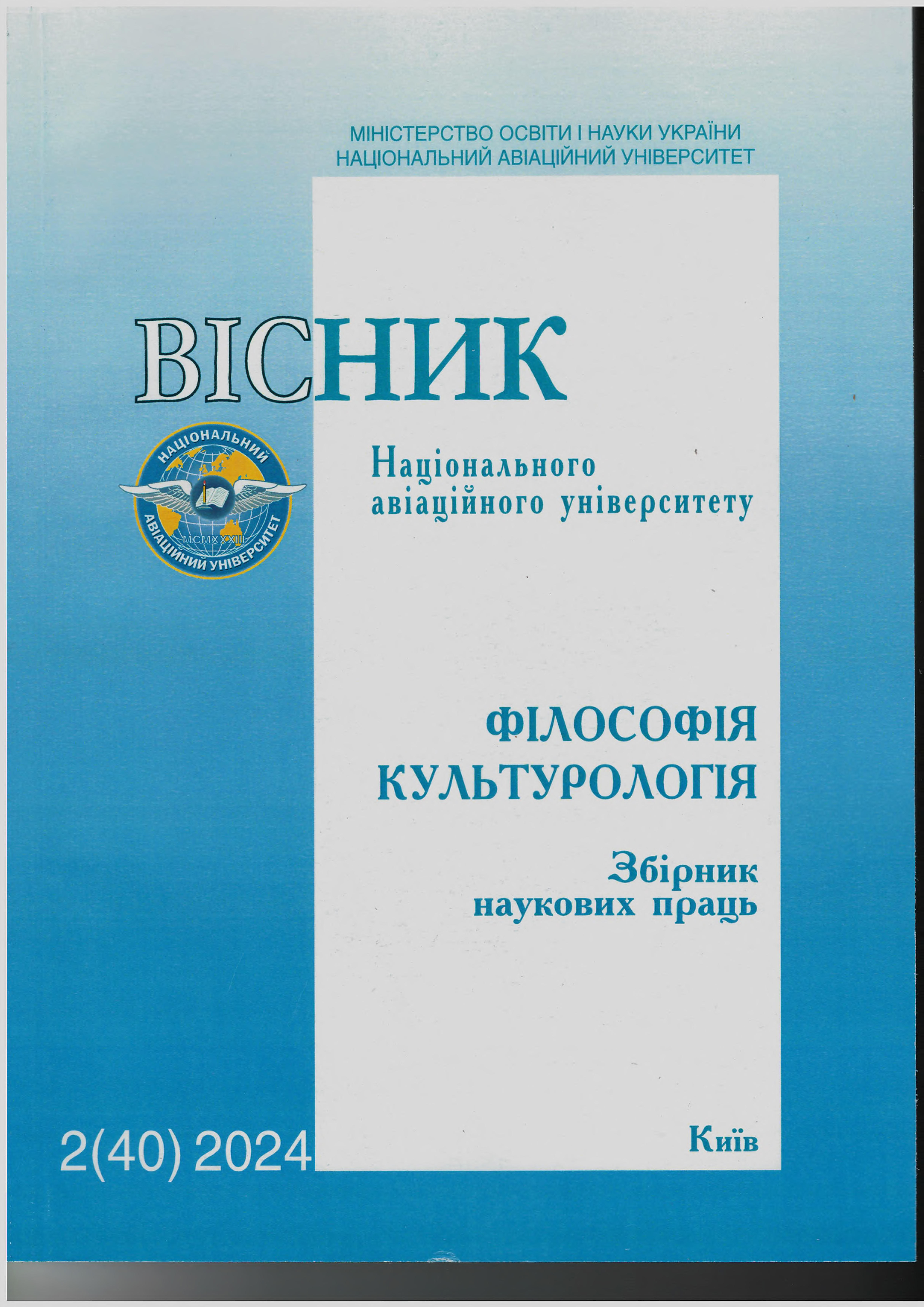PROFESSIONAL ACTIVITIES AND DIGITAL PLATFORMS: THE SOCIOCULTURAL CONTEXT
DOI:
https://doi.org/10.18372/2412-2157.40.19333Keywords:
professional culture, information and communication technologies, digital platform, sharing economy, sociotechnical systemAbstract
Information and communication technologies have dramatically changed work and professional activities, transforming the workplace into a sociotechnical environment. New forms of economic processes, such as the platform economy and the sharing economy, are changing the philosophy of work and the way of life, turning them into an algorithm-driven labor process. The aim of the article is to examine the impact of information and communication technologies on the transformation of professional activity in the context of the platform economy, the sharing economy; to analyze the social aspects of professional activity and individual development. Research methods. The comparative, hermeneutical, and contextual analyses are used. Axiological and sociocultural approaches are used. Research results. It is demonstrated that digital platforms change the existing organization of professional and economic activities, the principles of value creation, and transform the rules of hiring, employment, and relationships with clients and customers, while establishing the conditions under which users can access services. The author examines the key concepts used in the digital platform economy and provides a typology of digital platforms based on the functions they perform. Additionally, the author describes the opportunities platforms offer to their users and the risks they face, particularly the spread of precarious employment and the lack of social guarantees. Discussion. A digital platform is a sociotechnical system that connects people, producers, and consumers. At the same time, the digital platform uses algorithmic strategies of control and distancing, which limits the autonomy of workers and their ability to develop meaningful social connections. Conclusions. Digital platforms enable a wide range of human activities, from information exchange and leisure to service delivery and production, and shape the conditions under which participants interact with one another. This radically changes work, communication, value creation, and competition for customers, as well as the quality of work outcomes. At the same time, the principles of organizing professional activities, traditions of professionalism, and the culture of interaction between professionals and customers and consumers are being transformed
References
Schwartz B. Why We Work, Simon and Schuster: New York. 2015. 96 p.
Danaher J. Automation and Utopia: Human Flourishing in a World Without Work, Cambridge, MA: Harvard University Press. 2019. 288p.
Cholbi M. "Philosophical Approaches to Work and Labor", The Stanford Encyclopedia of Philosophy (Summer 2023 Edition), Edward N. Zalta & Uri Nodelman (eds.), URL: https://plato.stanford.edu/archives/sum2023/entries/work-labor/
Дротянко Л. Г. Унікальність людського буття у сучасних соціальних комунікаціях. Вісник НАУ. Серія: Філософія. Культурологія. 2024. № 1 (39). С. 5-10. DOI: 10.18372/2412-2157.39.18424
Кохан В. П. Цифрова платформа як інструмент цифрової економіки. Право та інновації. 2021. № 1 (33). С. 29-34. DOI: 10.37772/2518-1718-2021-1(33)-4
Sutherland W., Jarrahi M. H. The sharing economy and digital platforms: A review and research agenda. International Journal of Information Management. Volume 43. 2018. P. 328-341. DOI: https://doi.org/10.1016/j.ijinfomgt.2018.07.004.
Garcia Calvo, Angela and Kenney, Martin and Zysman, John, Will National Sovereignty Splinter the Internet? (August 18, 2023). Available at SSRN: https://ssrn.com/abstract=4545000. DOI: http://dx.doi.org/10.2139/ssrn.4545000
Vallas S., Schor J. B. What Do Platforms Do? Understanding the Gig Economy. Annual Review of Sociology. V. 46, 2020. P. 273-94. DOI: https://doi.org/10.1146/annurev-soc-121919-054857.
Glavin P., Bierman A., Schieman S. Über-Alienated: Powerless and Alone in the Gig Economy. Work and Occupations, 2021. № 48 (4). P. 399-431. DOI: https://doi.org/ 10.1177/07308884211024711).
Dabbous A., Tarhini A., Does sharing economy promote sustainable economic development and energy efficiency? Evidence from OECD countries. Journal of Innovation & Knowledge, Volume 6. Issue 1. 2021, P. 58-68, ISSN 2444-569X. DOI: https://doi.org/10.1016/j.jik.2020.11.001.


